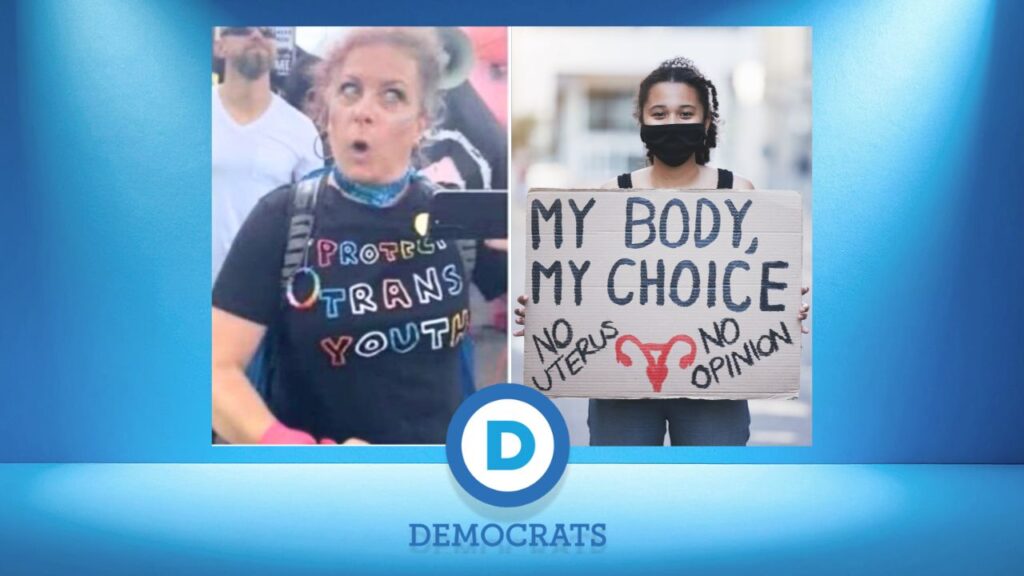A new poll by the left-leaning group Welcome surveyed more than 500,000 voters over the past few months to gauge their current views on the Democratic Party.
The results were dire for Democratic activists and candidates. About 70% said the Democratic Party is out of touch with mainstream voters. Polling analysts said Democrats are abandoning economic issues and focusing on issues that resonate with voters.
“Elected officials have realigned Democratic Party policy and reduced our party’s focus on the economic issues that matter most to Americans. Similar forces have encouraged our party to take unpopular positions on many issues important to voters, such as immigration and public safety. For Democrats to win again, they need to listen more to voters and less to out-of-touch donors,” the report says.
Polls show voters are more focused on economic issues such as cost cutting, economic growth, job creation and expanding the social safety net.
But what seemed popular a few years ago no longer applies to today’s political climate.

For example, Welcome says Democrats need to get back to the basics of out-of-pocket spending, which voters primarily have to deal with, rather than unpopular economic policies like student loan forgiveness, electric vehicle subsidies and universal health care.
On cultural issues, the study warns today’s Democratic Party to distance itself from issues such as climate change, democracy, abortion, identity, and cultural concerns, and to move away from affirmative action for college admissions and transgender athletes.
“We will focus more on issues that voters think our party doesn’t prioritize high enough (economy, cost of living, health care, border security, public safety) and less on issues voters think we give too much importance to (climate change, democracy, abortion, identity, cultural issues).” “We will maintain focus and convince voters that we share our priorities. We will soften our positions in areas where our agenda is unpopular, such as immigration, public safety, energy production, and some identity and cultural issues.”


